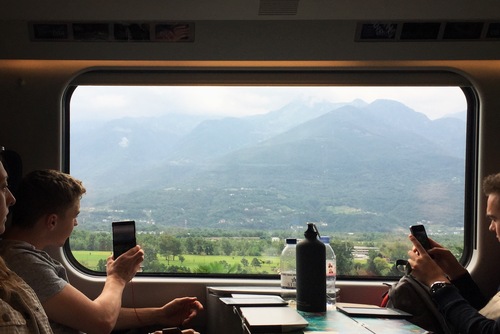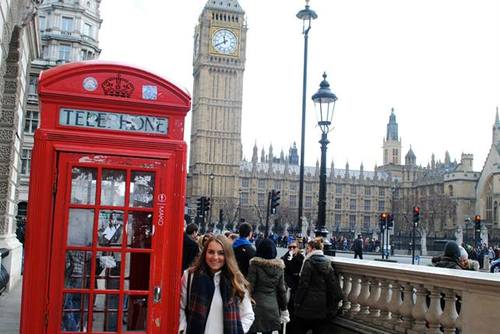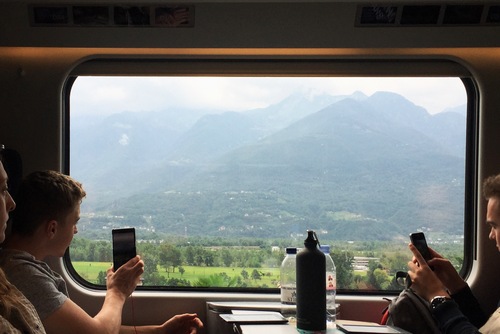One of the best things about Europe is that traveling here is quite easy.
When Emmeline Brown first traveled to Europe, she did experience a cultural shock, because things are a lot different there, but not in a bad way.
If it’s the first time you’re going there for the first time, you probably feel apprehensive because you don’t know what to expect. Well, we’ve made it a bit easier for you.
Check out these eight things you need to know and should expect if it’s your first time traveling to Europe.
1. Electricity
In Europe, the electricity supply is 220V, which means that if you’re from a country where appliances use a voltage of 110V, for which you will need a transformer.
Apple products have built-in converters so they can easily accommodate the change in voltage. You also need to take an adaptor with you to plug in your electronics.
2. Transportation
The metros in big cities make it easier for you to get from place to place on time, as well as save your money. Wear comfortable shoes as most of landmarks are close to each other, so there might be a lot of walking for you to do.
Trains are generally the best way to crisscross through Europe. The tickets are affordable and the scenery is gorgeous. They’re a great way to visit many places at once. You might also want to consider European tours.
3. Know Common Phrases in the Local Language
Try to master the most common phrases in the local language of the particular places you’ll be going to. Although English is mostly spoken by a lot, the locals appreciate it more when you talk to them in their own language.
4. Get European Rail Passes

If you’re planning to make a lot of train trips in Europe, consider purchasing the Eurail Pass. It may work out to be cheaper than buying individual tickets every time you travel through the trains, and also excludes the hassle and time of buying tickets at each train station. It may help you if you’re planning to visit numerous countries.
5. Safety
Pickpocketing is a problem in big cities, especially around famous tourist attractions. Always keep your valuables close and be aware of your surroundings, particularly on the subways. Do your research so that you know which parts of towns should be avoided, especially at night.
6. Public Washrooms
Public washrooms are available, but keep in mind that you need to pay to use them. You’ll either find a turnstile to put the coins in, or a dish of coins on the counter.
7. Spend More Time in Major Cities

Spend at least four nights in cities like Paris, Berlin, London, Barcelona, as they have a lot to offer. Smaller cities can be experienced in two nights, but larger cities need to be explored and so you need to spend more time there to get a good feel of the city.
8. Get Travel Apps
Instead of using fold-up maps and cheat sheets to help you around, download apps that would be of much more help. Manage travel plans, hotel bookings, and sightseeing from your phones.
By Emmeline Brown
Related Pages








